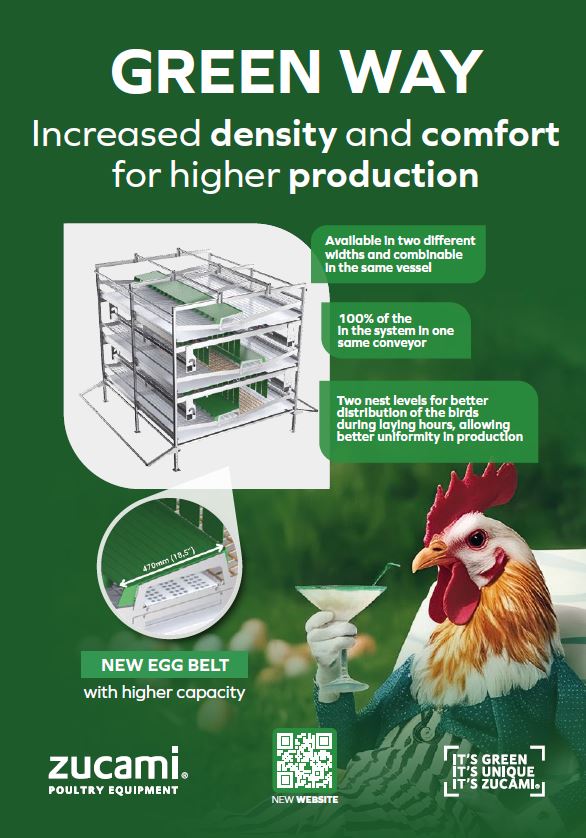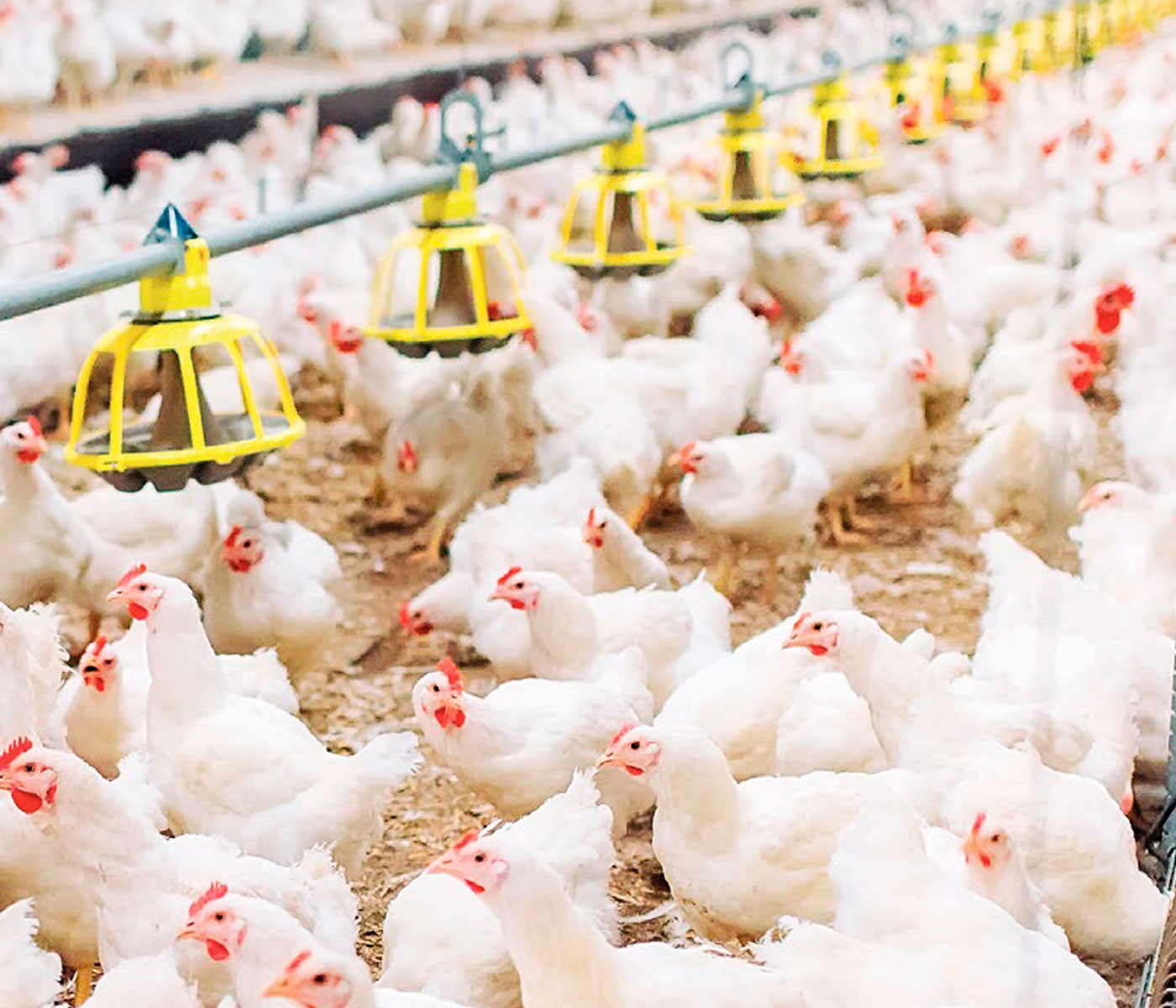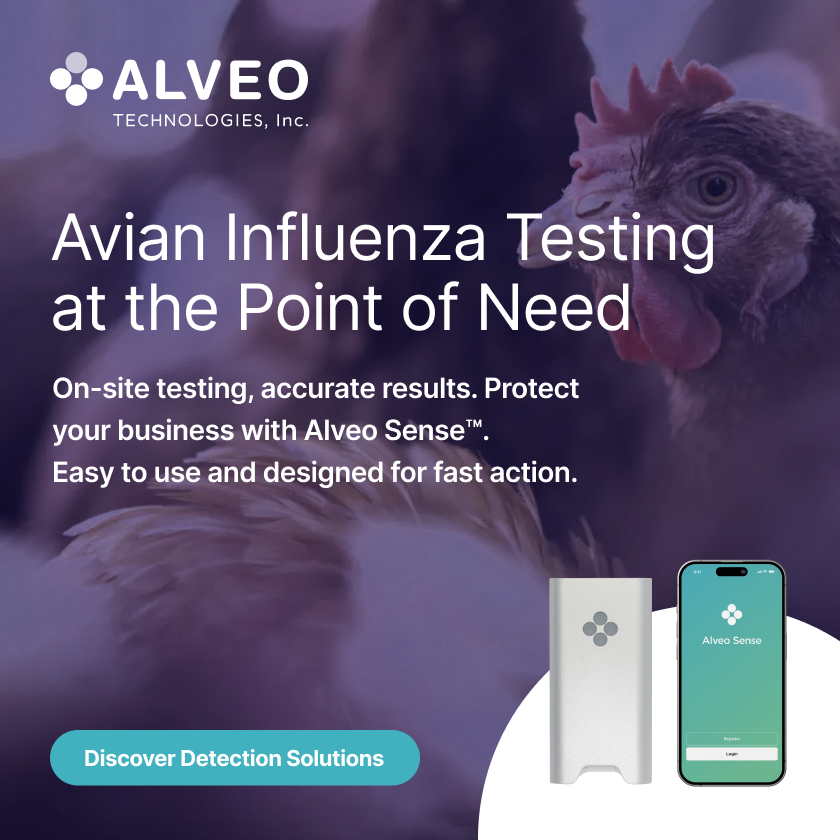Content available at: Indonesia (Indonesian) ไทย (Thai) Tiếng Việt (Vietnamese)
Research Highlights from International Poultry Scientific Forum 2025
The International Poultry Scientific Forum (IPSF) 2025 was held on January 27 and 28 in Atlanta, GA, before the International Production and Processing Expo (IPPE). More than 1,630 attendees participated in this meeting, making it again one of the biggest annual poultry scientific gatherings worldwide.
- This year, a record of 419 communications were presented, with 225 oral presentations and 194 posters.
- Sessions started as early as 7:00 am, finishing at 5:00 pm.
A greater variety of topics were observed, and talks were related to:
- Reproduction,
- Physiology (22 oral and 14 posters),
- Poultry nutrition (107 oral presentations, 50% feed additives; and 86 posters with 60% from feed additives),
- Environment and management (18 oral presentations, and 18 posters),
- Artificial intelligence and data management,
- Pathology and poultry disease prevention (64),
- Welfare and behavior (32),
- Processing and products (12),
- Further processing,
- Food safety (55).
This article will highlight some of these presentations only in the breeders, reproduction, and feed processing areas. Readers are encouraged to attend this event next year and get a better idea of the research quality presented in this meeting.
BREEDERS AND REPRODUCTION
Cloacal feather trimming improves the reproductive performance of layer breeder roosters
Dr. Ricardo Pereira from the University of São Paulo discussed an experiment conducted under commercial conditions evaluating the monthly cloacal feather trimming of males to improve reproductive parameters.
- Trimming feathers in roosters reduced infertility at 63 weeks between 1.14% and 3.26% compared to the control group.
- Hatchability increased between 2.63% and 4.27%.
Dietary supplementation of spray-dried plasma improves semen quality in aging broiler breeders
Mario Lopes from the University of São Paulo presented results indicating that supplementation of rooster diets with 1% spray-dried plasma reduced morphological spermatozoid defects at 63 weeks of age compared to the unsupplemented group.
- Late embryonic mortality was also reduced.
- Ricardo Rauber from Vetinova, Brazil, presented an interesting mycotoxin risk assessment using data on 13 broiler breeder flocks with data from 25 to 70 weeks of age.
- Their results indicated that fumonisin and deoxynivalenol (DON) reduced fertility, and aflatoxin, fumonisin, and DON reduced hatchability.
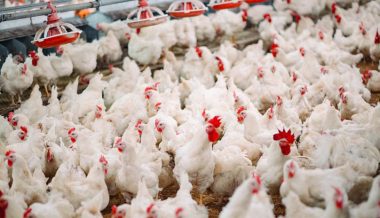
A multi-antigen subunit vaccine enhances maternal and offspring immunity against Campylobacter in chickens
- Mostafa Admed from Clemson University reported that a vaccine produced with the outer membrane proteins of C. jejuni and Toll-like receptor 21 ligand (CpG ODN) immunized layer breeders reducing fecal C. jejuni counts by 1.02 Log10 at week 4 and 1.37 lgo10 at 10 weeks post-immunization.
- The vaccine increased egg yolk and chick immunoglobulins IgY and IgM levels compared to the control.
- The immunity in the progeny lasts up to five weeks post-hatch.
- Tanmaie Kalapala from the University of Arkansas also demonstrated that vaccines against C. jejuni were effective in inducing IgY, IgM, and IgA production, which can be transferred to the progeny.
- This vaccination could be critical to controlling Campylobacter in poultry.
The impact of feeder removal on feed-restricted broiler breeder pullets’ post-feeding behaviors at 10 and 15 weeks of age
- Mazette Croom from Texas A&M presented the results of this study, which evaluated the behaviors of pullet breeders during the period of maximum feed restriction.
- Their observations indicated that feeder removal reduced locomotion in 3% at 10 weeks and 51.7% at 15 weeks and object pecking in 23.8% and 47.7%, respectively.
- Feeder removal caused more birds to engage in maintenance (+4.9%), inactivity (+10.6%), and foraging (11.3%).
- Researchers also observed differences among strains in object pecking behavior, with 44.4% more in one genetic line than in the other.
- Feeder removal can help mitigate hunger stress, and it is necessary to tailor this management practice according to age and strain.
Antibody response to different 2-way and 4-way killed IBD, Reo, NDV, and IBV vaccines
- This project evaluated the application of killed vaccines with Infectious Bursal Disease Virus (IBDV) and Reovirus (Reo) in two 2-way commercial vaccine products from different manufacturers and two 4-way products that additionally included Newcastle Disease Virus (NDV) and Infectious Bronchitis Virus (IBV) to the mix.
- The products from one manufacturer stimulated more immunity than the other product.
- Compared to the serology baselines, one manufacturer’s 2- and 4-way programs increased antibody titers against IBDV by 88%, 93% for Reo, and 29% for IBV.
- The use or combination with vaccines from the other manufacturer, A, caused an increase in antibody titers, though not as large as when both vaccines were used from manufacturer B.
- This data indicated that killed vaccines induce different immune responses, depending on their origin, and this factor should be considered when designing a broiler breeder vaccine program to maximize protection.
FEED PROCESSING
Ambient and conditioning temperature interactions alter steam dynamics during the pelleting process
- Alexis Renner from West Virginia University presented this paper.
- Pelleting involves steam-conditioning mash, extruding the conditioned feed through a pellet die and cooling.
- Steam conditioning applies heat and moisture, aiding pellet formation and production rate.
- This study determined how ambient temperature interacts with varying steam conditioning temperatures to influence moisture addition throughout pelleting and the process.
- This study implemented a split-plot design using two whole plot units (Ambient temperature at -1 and 16°C) and three subplot units (Conditioning temperature: 66, 74, and 82°C), with three replications.
Increased conditioning temperature increased conditioned mash and hot pellet moisture, regardless of ambient temperature.
- Pellet mill motor load decreased with increasing conditioning temperature and numerically decreased with 16°C ambient temperature.
- Moisture determined on pellets cooled for 12 minutes demonstrated an interaction between ambient and conditioning temperatures.
- Pellet moisture did not change at 16°C ambient temperature across conditioning temperature but increased incrementally with increased conditioning temperature at -1°C ambient temperature.
- The pellet production rate was affected by an interaction with ambient and conditioning temperatures.
- Production rate did not change across conditioning temperature at -1°C ambient temperature.
- However, the production rate increased by 4% from 74°C to 82°C at 16°C ambient temperature.
- The 16°C ambient conditions produced steam that improved the production rate at 82°C and contained less moisture after cooling, likely due to more water being utilized for lubrication at the pellet die.
- It is possible that the thermodynamic steam traps in the pilot feed mill opened more frequently at -1°C ambient temperatures, thus creating a dryer steam.
- Conditioned mash moisture was not observed to increase at 16°C ambient temperatures, likely due to a more significant potential for steam flash off during measurement.
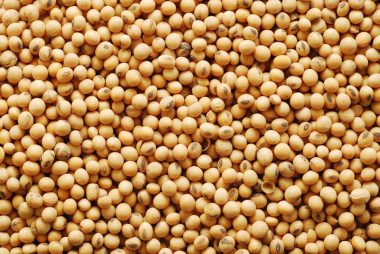
These data suggested that ambient temperatures may alter steam dynamics that ultimately influence the pelleting process.
Conditioning above 70oC and pelleting corn and soybean meal-based diets containing under-processed soybean meal can alleviate the effects of antinutritional factors
- Reuben Adejuno from West Virginia University showed that diets containing underprocessed soybean meal conditioned above 70oC and pelleted mitigated antinutritional performance effects.
- This research group evaluated nine treatments resulting from a factorial experiment with three types of soybean meal (under, peak, and over-processed) and three conditioning temperatures (70, 80, and 90 °C) for 30 seconds.
- Starter broiler diets were formulated based on digestible amino acid requirements, differing only in the type of soybean meal.
- Diets were fed for 18 days, and contrasts were performed to explore differences between treatments.
- The feed intake increased as the conditioning temperature increased.
- An interaction between soybean meal type and conditioning temperature was identified, wherein birds fed the under-processed soybean meal diet gained more weight with increasing conditioning temperature.
- In contrast, body weight gain decreased for the peak-processed diet.
- Increasing the conditioning temperature of the under-processed diet to 80o restored body weight gain to that of the peak-processed 70o diet.
- The feed conversion ratio was increased in the peak-processed diet and decreased in the under-processed diets with increasing conditioning temperature.
- Birds fed the over-processed diet gained the least and had the lowest feed intake.
- All amino acids’ digestibility increased when the underprocessed diet’s conditioning temperature increased from 700 to 800 and did not change for the peak-processed diets.
The International Poultry Scientific Forum (IPSF) will gather excellent scientists who will offer helpful information for industries in diverse sectors. The following AviNews International articles will discuss more research findings presented at the IPSF. The next meeting has been scheduled for January 26 and 27, 2026, again at the Georgia World’s Congress Center in Atlanta, GA.
